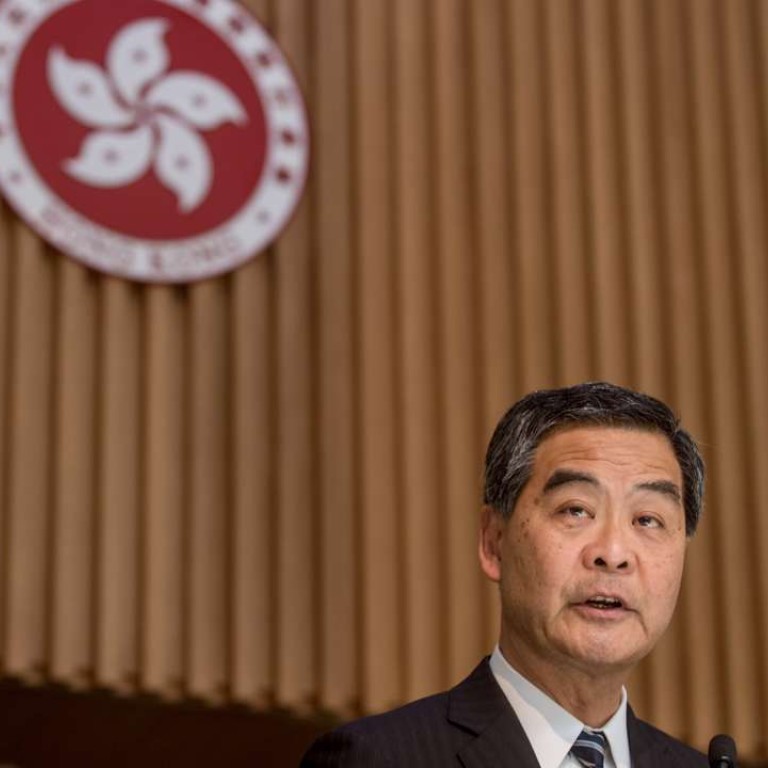
Hong Kong officials should follow Singapore and sue for defamation over slurs
Tony Kwok says Hong Kong office holders and civil servants who face false accusations should be able to defend themselves in an independent court – with the help of legal aid
I am not sure whether such legal aid still exists in the civil service after Hong Kong’s return to Chinese sovereignty. But such a system in the colonial government indicated a strong determination to protect the dignity and authority of public officials from unfair criticism.
Lawsuit by Hong Kong leader over tax investigation allegation would be ‘bad precedent’, legislator says
In fact, in 2013, the chief executive threatened to take legal action against a well-known public affairs commentator and the newspaper that published his column, after the commentator alleged that Leung had links to triads.
Freedom of expression does not mean having no boundaries; it does not give carte blanche for defamatory remarks
As expected, Leung’s actions caused an outcry from opposition parties and some media, which criticised him for dealing a severe blow to Hong Kong’s freedom of expression.
However, it is a well-established principle that freedom of expression does not mean having no boundaries; it does not give carte blanche for defamatory remarks. We are not free to damage a person’s reputation without basis.
Besides, suing for defamation could not be described as an unfair act, because the case would be judged by an independent court. In Leung’s case, if he had not threatened to sue in 2013, I am sure the local and international media would have continued to repeat the false allegations.
In recent years, it has become common for Hong Kong’s opposition parties and media to insult officials, often making unconfirmed and even false claims. In most cases, they are able to get away with it, and officials who have been unjustly insulted have no recourse to hold the offending person or media accountable.
Unlike the chief executive, many officials cannot afford the very high legal costs that come with instituting legal action.
Given this state of affairs, it is not just the officials who suffer. I know of a case of a senior official’s daughter who went abroad for her studies mainly to avoid becoming a subject of ridicule and contempt in school due to all the insulting remarks the media made about her father.
Not surprisingly, many capable people are loath to join the “hot kitchen” as a political appointee, and many civil servants take the attitude of avoiding controversy and criticism by doing as little as possible. The real victim is the whole of society.
Absolute freedom of speech comes at a price

Singapore contempt of court bill seen suppressing freedom of speech
So how can we protect the dignity of officials so they can feel at ease to carry out their responsibilities?
We can draw from the wisdom of Lee Kwan Yew, the founding leader of Singapore. He studied in England and knew the downsides of the Western democratic system – one of them is the abuse of the freedoms of speech and press. Hence, the Singapore government has no hesitation in using public funds to take action against any defamatory remarks by anyone about their officials.
The Hong Kong government should re-institute the practice of granting legal aid to officials to take action against libel arising out of their official duties.
Tony Kwok is an honorary fellow and adjunct professor at HKU SPACE and an international anti-corruption consultant

